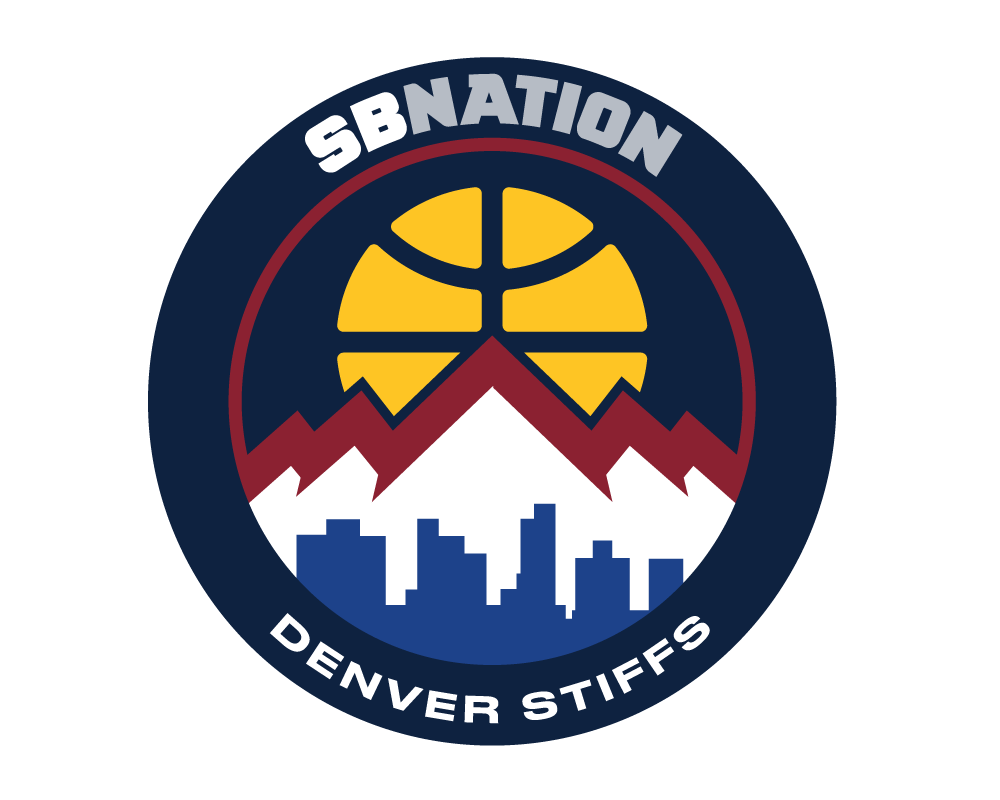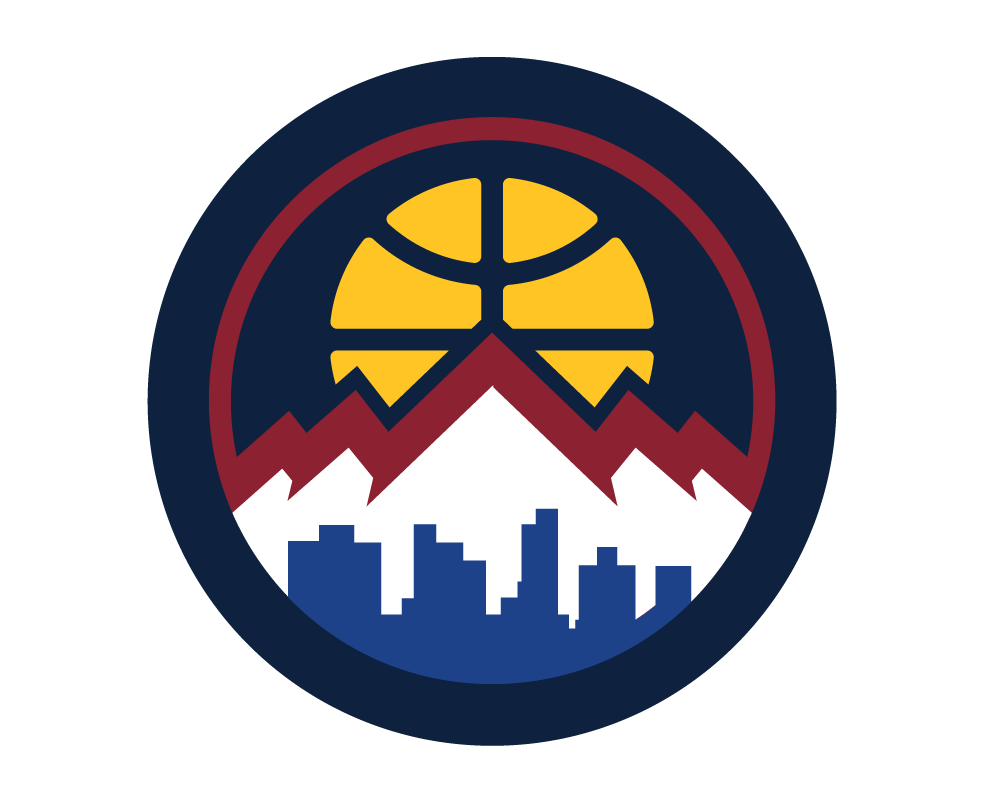So I posted the beginning of this idea in a comment on the "Are NBA games fixed" article by Andrew Feinstein, and after 5 whole hours, no one has responded to it! :) Thankfully, the internet provides endless opportunity for me to continue to present my ideas to the entire world, no matter how valueless they may be.
I propose that the Donaghy accusations highlight two problems in the NBA:
1. Referees can't help their unconscious biases (for example, see the report on racial discrimination by NBA referees here).
2. There is at least a perception by many NBA fans that the refs are consciously affecting the outcome of the games.
I think both of these problems are rooted in the same underlying problem: the NBA rules themselves.
There are too many opportunities for judgment calls by NBA refs. I see at least two problems.
1. Plays that are so vaguely defined that they are hard to call. This is probably best exemplified by the charge/blocking calls.
Check out this rule:
a. A dribbler shall not (1) charge into an opponent who has established a legal guarding position, or (2) attempt to dribble between two opponents, or (3) attempt to dribble between an opponent and a boundary, where sufficient space is not avail-able for illegal contact to be avoided.
b. If a defender is able to establish a legal position in the straight line path of the dribbler, the dribbler must avoid contact by changing direction or ending his dribble.
c. The dribbler must be in control of his body at all times. If illegal contact occurs, the responsibility is on the dribbler.
PENALTY: The offender is assessed an offensive foul. There is no team foul. The ball is awarded to the offended team on the sideline nearest the spot where play was interrupted but no nearer to the baseline than the free throw line extended.
EXCEPTION: Rule 3--Section I--a.
d. If a dribbler has sufficient space to have his head and shoulders in advance of his defender, the responsibility for illegal contact is on the defender.
e. If a dribbler has established a straight line path, a defender may not crowd him out of that path.
PENALTY: The defender shall be assessed a personal foul and a team foul. If the penalty is not in effect, the offended team is awarded the ball on the sideline nearest the spot where play was interrupted but no nearer to the baseline than the free throw line extended. If the penalty is in effect, one free throw attempt plus a penalty free throw attempt is awarded.
In my opinion, and I don't think I am alone, on a lot of charge/blocking calls the referee's decision could be considered at least arguably correct no matter which way the call is decided.
2. Fouls that could be called so often that when they are actually called becomes highly selective. A couple examples, the current hand check rules and moving screens as they are currently called.
Check out this rule:
b. Contact initiated by the defensive player guarding a player with the ball is not legal. This contact includes, but is not limited to, forearm, hands, or body check.
EXCEPTIONS:
...[exceptions relating to contact in the post]...
(5) Incidental contact with the hand against an offensive player shall be ignored if it does not affect the player's speed, quickness, balance and/or rhythm.
My dad and I summarize this as, it's a foul to touch a player on the perimeter if the referee calls it. If he or she doesn't, it's not.
These judgment calls create an opportunity for unconscious biases to come into play, and, because so many calls and noncalls are arguable, give the average NBA fan at least an argument that their team is being screwed by the refs on an every game basis.
Here's a little exercise to illustrate my point.
Game 6 of the 2002 playoff series between Sacramento and Los Angeles has been the subject of intense scrutiny for its questionable refereeing. (I'm using this game because there is already a lot of data out there about it. If I was going to do my own evaluation, I would obviously try to show how the Mavericks got screwed in some game because Mark Cuban seems like the kind of guy who might stumble across my article on the internet, recognize the pure genius of my ideas, and hire me to a lucrative contract to further develop them. Mark, I am willing to listen to your offer if you read this.)
The Pedowitz report, commissioned by the NBA, and (perhaps more convincingly), a fairly repectable website, 82games.com, reviewed every call in the game and concluded that conscious manipulation by the referees was unlikely. So what was it that made all of those people watching the game thought otherwise?
The Pedowitz report concluded that there were 15 incorrect calls, 8 favoring the Lakers and 7 favoring the Kings. Thus, the refs were 15 calls from a perfect game. I suspect that this is always how the NBA evaluates its refs, by classifying calls as either correct or incorrect.
But let's take a closer look at how Roland Beech over at 82games.com decided to look at the issue. He evaluated each call and non-call on the basis of how convinced he was that the call was right or wrong, and came up with the following chart:
Official -- ALL Bavetta Delaney Bernhardt Right Call Calls Favor
LALFavor
SACCalls Favor
LALFavor
SACCalls Favor
LALFavor
SACCalls Favor
LALFavor
SACYes 45 18 27 18 7 11 15 8 7 12 3 9 Probably 35 20 15 8 7 1 13 6 7 12 7 5 Maybe 20 10 10 5 2 3 7 3 4 7 4 3 Dubious 8 7 1 4 4 0 2 1 1 2 2 0 V.Dubious 1 0 1 1 0 1 Totals 109 55 54 35 20 15 38 18 20 33 16 17
Taking out the 15 calls that the NBA classifies as wrong, there are still 14 calls that Mr. Beech could have seen going either way, and a further 35 that he would not have been willing to say were absolutely wrong if they were called the other way. So unless you think that the NBA would have found 49 additional wrong calls if each of those had come out the other way, some of those calls were purely judgment calls, subject to no guidance by the NBA (who, I suspect, like the Pedowitz report, looks at things as black and white, right or wrong), victims of the ambiguity in the rules.
What this means, is that a Sacremento fan, giving his team the benefit of the doubt on every call, legitimately saw 29 calls (plus the 8 that were clearly wrong) that, under the rules, could have gone in Sacramento's favor, instead go to the Lakers. Even the objective fan may have unconsiously picked up on the 29 to 20 ratio of judgment calls in favor of the Lakers. And that same ratio could have been the result of unconscious (or conscious, if you so believe) referee bias.
At this point, You might be saying: so what? Everyone knows that the NBA has a lot of judgment calls. That's the nature of the game. The nature of any
game really, like the strike zone in Baseball or all those replays in football. There is nothing we can do about that.
And that is where I disagree. I think the NBA would be best served by evaluating its rules and writing them so as to minimize the number of judgment calls. And I believe that it can be done. But it won't come without some cost to the current state of the game, so it is only if you recognize judgment calls as a real evil in the NBA that it will be worth doing.
I think that the MLB and NFL have recognized this evil and already work to minimize it in their sports, but the NBA is lagging behind. For example, in baseball, there has been Quesdec and now Zone Evaluation to evaluate strike zones according to objective criteria. And the NFL recently eliminated the force-out rule.
As a potential basketball example, the charge/blocking call is particularly troubling because it has such a severe dichotomy of results: there is a foul on one side or the other. One solution would be to eliminate one of the calls, probably charging, so that it would always be a blocking foul, like how it is inside that little circle right now.
Less extreme, clearly defining the calls and placing a larger buffer in the middle where there is no foul called could minimize the amount of judgment
involved and the consequences of a miscall. A blocking fould could be limited to where the defender moves into the path of the dribbler after the dribbler has left the ground with both feet. And a charge could require a defender to have both feet firmly planted on the ground for a full second before the dribbler initiates contact. Anything in between would be incidental contact subject to no foul call.
I think these kind of rules would be much easier to evaluate for whether the call made is right or wrong, reducing the judgment call aspect. I'm not saying these are perfect solutions, I'm just saying that there are options to be considered.
So what do you think?



